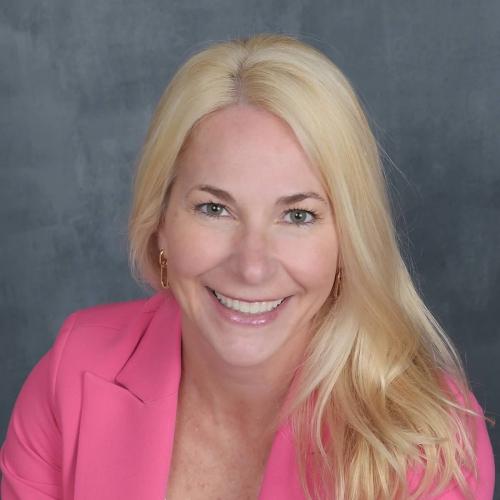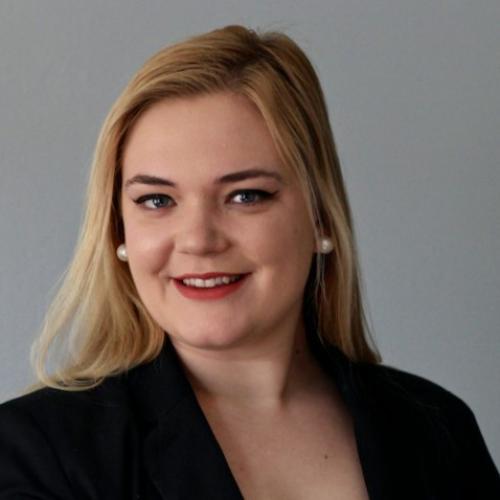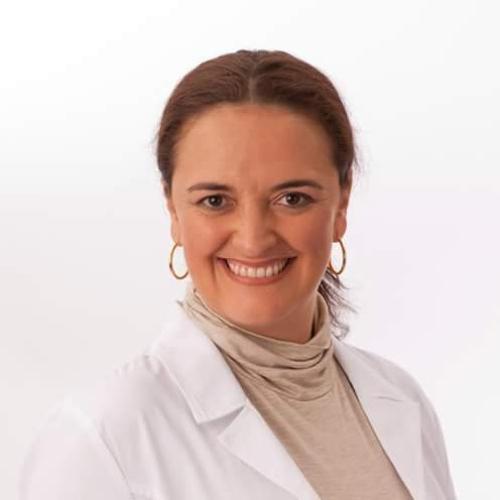- Sharing the role of technology and partnerships in the design & recruitment of studies.
- Highlighting adaptive trial designs, decentralized models, and inclusive recruitment strategies.
- Exploring how smarter trial design accelerates approval, reduces risk, and improves real-world outcomes.
- Demystifying product-market fit in the context of digital health, where clinical need, usability, and reimbursement must align.
- Identifying key indicators—user adoption, engagement, and outcomes—that show readiness to scale.
- Strategies for translating validated need into scalable, sustainable digital health solutions.
- Discuss strategies for trial design that account for hormonal fluctuations, comorbidities, and age-related variables unique to the menopausal transition.
- Highlight regulatory, industry, and advocacy efforts that are pushing for menopause-specific representation in therapeutic areas beyond just women’s health.
- Sharing advancements to educate clinical trial patients about menopause.

Johan van Hylckama
Understanding the payer mindset, what is valuable in women’s healthcare innovation.
Defining clinical outcomes, cost containment, and population impact.
Determining Evidence for Adoption & Reimbursement, what is ‘gold standard data’.
Case examples of evidence that moved the needle, RWE, and how to avoid common mistakes

Karolina Löfqvist

Omid Toloui

Laura Herrera Scott
Laura Herrera Scott, MD, is the Vice President and Chief Medical Officer (CMO) of CareFirst BlueCross BlueShield (CareFirst), one of the nation’s largest not-for-profit healthcare organizations. In this role, Dr. Herrera Scott leads CareFirst’s physician, inpatient management and healthcare policy teams, supporting efforts to achieve excellence in healthcare affordability, quality and accessibility through innovative initiatives to improve the health of CareFirst’s members and the communities it serves.
Dr. Herrera Scott brings more than 20 years of clinical and strategic leadership experience across the healthcare industry. Most recently, she served as Secretary of the Maryland Department of Health, where she led several large-scale initiatives, including maintaining coverage for more than 1.6 million Marylanders during the post-pandemic Medicaid redetermination process and advancing legislation to protect women’s health and improve healthcare access statewide.
Exploring the current landscape of screening services in women’s cancers and market opportunities to address unmet need.
Sharing how AI, technology, and genetic testing can address gaps in access.
How providers and patients can be equipped with tools for early detection and cancer prevention.

Andrea Olariu

Kristine Cecchetti

Mary Dinnean

Rachel Brem
- How the demand for menopause-focused functional foods, probiotics, and supplements is shaping new business opportunities.
- Sharing insights into how nutrition and food as medicine links bone, heart, and brain health in menopause and the opportunity to address these health outcomes through wellness.
- Expanding access to menopause nutrition solutions through pharmacies, e-commerce, consumer wellness, and employer plans.

Jaqueline Oliveira-Cella

Laura Katz

Margarita Ochoa-Maya

Laura Katz
Demonstrate how AI-driven initiatives - like predictive modelling and automated inspection -translate into measurable outcomes (e.g., defect reduction, shorter batch release cycles) that justify capital investment and cross-functional prioritization